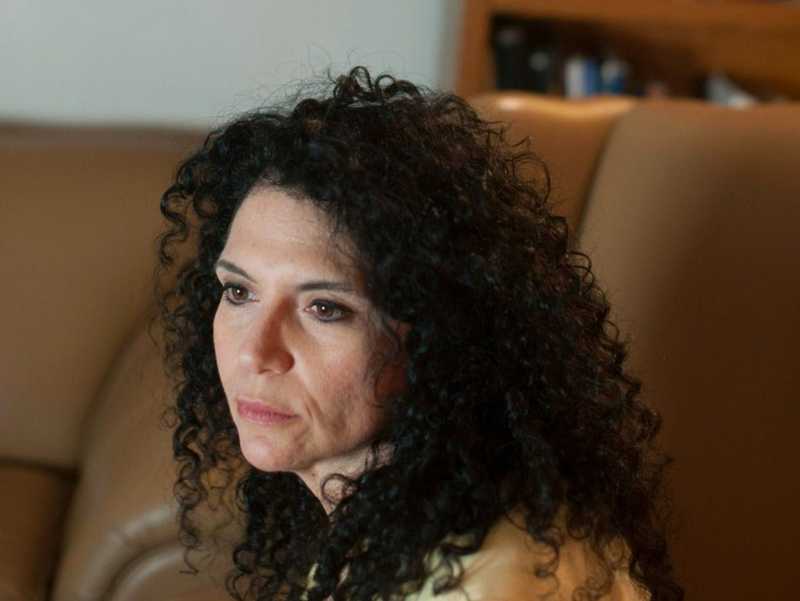It’s been an uphill battle for Arizona psychiatrist Sue Sisley who has experienced an ongoing series of obstacles that have prevented her from completing her study on how marijuana interacts with and affects military veterans with treatment-resistant post-traumatic stress disorder (PTSD). Her groundbreaking research trial—approved by the Food and Drug Administration (FDA), the Drug Enforcement Administration (DEA) and the National Institute on Drug Abuse (NIDA)—aims to look into the efficacy of cannabis treatment for PTSD-related symptoms that can range from irritability, severe anxiety and social isolation to night terrors, flashbacks and insomnia. It would be the first of its kind in the United States to be completed—if Sisley can get the help of the medical community in her state.
FOLLOW US ON FACEBOOK & INSTAGRAM
Sisley Faces Controversial Dismissal from Her Professorship
Sisley first came into the spotlight a few years ago when the University of Arizona College of Medicine chose not to renew her contract position as clinical assistant professor of psychiatry back in 2014. Although the college declined to offer any reason for her dismissal, she believed that her firing was a political move inspired by her connection to her cannabis and PTSD study, which she’d been working on get approved since 2009 and which drew unwanted attention to the school.
After the controversy, Sisley was able to bounce back thanks to help from the founder and owner of the Weed Depot, a marijuana marketplace directory and social platform. Howard Baer offered her an office space to use for her telemedicine practice as well as a warehouse space where the study could be conducted, putting Sisley back on track after such a big setback.
RELATED: Recovery from Trauma: The Role of Medical Marijuana in PTSD Treatment
Marijuana Trial Faces Obstacles at the Phoenix VA Hospital
The randomized, blind, controlled trial is being funded by a generous grant from the Colorado Department of Public Health and Environment (CDPHE) to the Multidisciplinary Association for Psychedelic Studies (MAPS), a nonprofit research and educational organization. That said, the trial has been plagued with obstacles, making it a struggle to recruit the 76 participants needed to complete the study. The biggest challenge has been around Phoenix Veterans Administration (VA) hospital’s failure to help with the study’s patient recruitment efforts, leaving Sisley with less than one third of the needed number of participants to complete the research.
In a letter of appeal to David Shulkin, the secretary of Veterans Affairs, Sisley writes that the VA hospital’s current director told her that she “cannot support any research that does not utilize VA personnel.” Hospital regulations prevent advertising any outside research that isn’t being conducted by the VA. Also, because cannabis is still illegal at the federal level, the hospital maintains it can’t advertise the study in their facilities or inform patients who could potentially participate about the opportunity, even though the study has federal approval and medical marijuana is legal in the state.
“The fact that the VA is blocking Dr. Sisley’s attempts to recruit patients for her study speaks volumes as to how serious the VA is about treating veterans with PTSD,” says Perry Solomon, M.D. and Chief Medical Officer at HelloMD. “Our veterans have found out for themselves that cannabis has helped them in their daily lives. Here is a outstanding physician who wants to use scientific methods to validate cannabis’s efficacy and she is getting no help from the agency that has been charged with protecting the health of our veterans.”
Without support from the VA hospital, there have been no new inquiries or enrollments. If Sisley can’t recruit enough participants soon, she’ll run out of time—she’s been given a deadline to recruit—and lose the grant awarded to her from the CDPHE.
Watch: Dr. Sue Sisley Talks about Medical Marijuana, PTSD and Scientific Freedom
Sisley Calls on the Secretary of VA for Help with her Cannabis Study
Right now, Sisley’s efforts are focused on getting the secretary of Veterans Affairs to take a series of actions that she’s outlined in her letter. One such action involves contacting the Phoenix VA hospital director to ask for approval to pass out a physician referral letter that has been approved by the Institutional Review Board to all of the hospital's medical and support staff including its social workers. Sisley’s also seeking permission to post fliers in designated areas around the hospital, targeting parts of the facility that cater specifically to veterans where the desired demographic would be able to see the information.
“With 22 veterans committing suicide each day, one would think that the VA would do anything possible to help decrease this shocking number. This study is good place for them to start,” says Dr. Solomon.
Unless some of her requested changes are implemented, the success of the study will rely heavily on word-of-mouth information.
If you’re new to cannabis and want to learn more, take a look at our Cannabis 101 post. HelloMD can help you get your medical marijuana recommendation; it's 100% online, private and efficient.
Photo credit: cannabisreports.com
